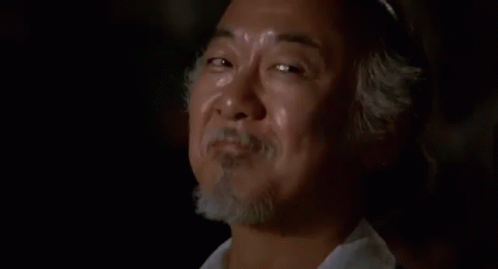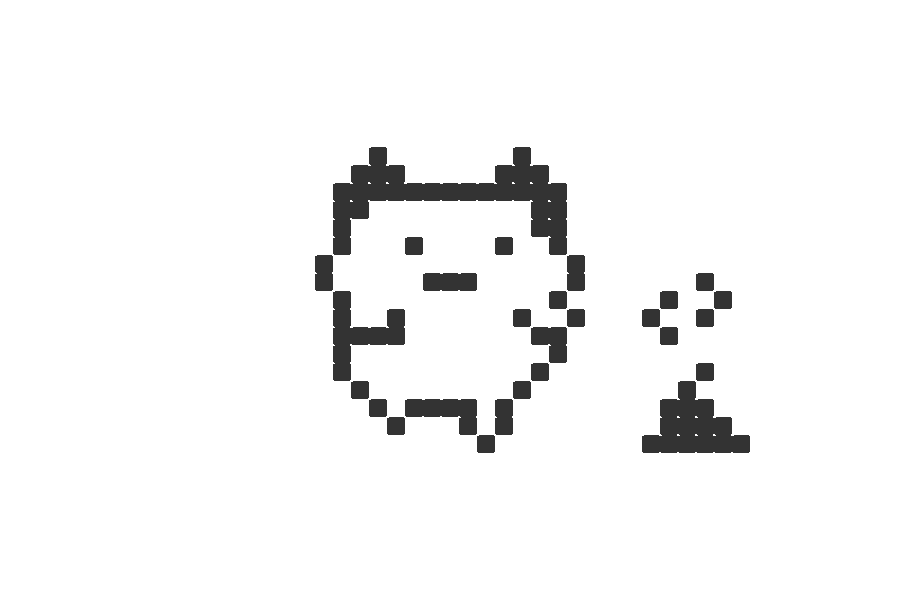
Maybe We Should Focus on the Value
Maybe we should focus on the value. It’s not that entertainment is bad or that we shouldn’t have a little fun online. After all, a lot of us fell in love with the internet because of the strange, wonderful places it let us wander into. A quirky blog that felt like finding someone’s diary on a park bench, a forum full of passionate strangers debating the nuances of a niche topic—those were the spaces where value and joy often intertwined.
The beauty was that none of it demanded anything from you. It was there for you to discover, not consume. It felt like the people creating back then—the bloggers, the hobbyists, and enthusiasts hand-coding their pages with love—were just excited to share something, not to extract something from you.
But somewhere along the way, the internet shifted. Feeds replaced exploration. Algorithms learned our habits and started pre-digesting the world for us. The focus turned from value to stickiness. Suddenly, we weren’t stumbling across a heartfelt essay about someone’s first summer job—we were being served bite-sized, optimized-for-engagement snippets designed to keep us scrolling. It’s like every corner of the internet now whispers, “Don’t go. Stay here. Click just one more thing.” And before you know it, an hour has passed. Maybe two. And yet, how often do we walk away feeling nourished? How often do we walk away feeling lighter, or better, or more connected to ourselves and others?
It’s not fair to blame anyone for this entirely. Platforms have grown into businesses, and businesses need to make money. The tension between profit and purpose has always been there; the internet just amplified it. And as users, we’ve played our part, too. It’s easier to reach for the thing that’s right in front of you—the thing that lights up and beckons with a promise of instant distraction—than to seek out the slow, quiet spaces. The internet’s become a carnival of forced engagement, and we’ve all been handed tickets.
But here’s the thing: we still have a choice. We can decide what we want to give our attention to. We can step back and ask ourselves whether the thing in front of us offers value—real value—or whether it’s just there to keep us looking. Value can take many forms. It might be a thoughtful piece of writing, a joke that makes you smile, or a small community where people genuinely care for each other. It doesn’t have to be “productive” or “educational”—it just has to feel like it’s adding something good to your life rather than taking something away.
We’ve done this before. In the early days, that’s what the internet was about. A person in their tiny corner oaf the world would build something with their own hands, and then they’d share it. And if you found it, you felt like you’d stumbled across treasure. There were no notifications pulling you back, no endless loops of recommended content. Just a quiet kind of joy in discovering something that someone had made—something that had a little piece of them in it.
Maybe we can get back to that. Maybe we can shift our focus away from the endless feed of “what’s next” and toward the things that feel human. We can choose to support creators who put their hearts into their work. We can pause before clicking and think, “Does this feel good? Does this feel real?” We can remember what it felt like to be part of a web that wasn’t trying to trap us but to invite us in.
Because the internet, at its best, isn’t about clicks or metrics or time spent on a page. It’s about people. It’s about connecting with ideas and stories and each other. It’s about stumbling across something that makes you stop and think, or smile, or feel a little less alone. Yep, that’s how it used to be.

